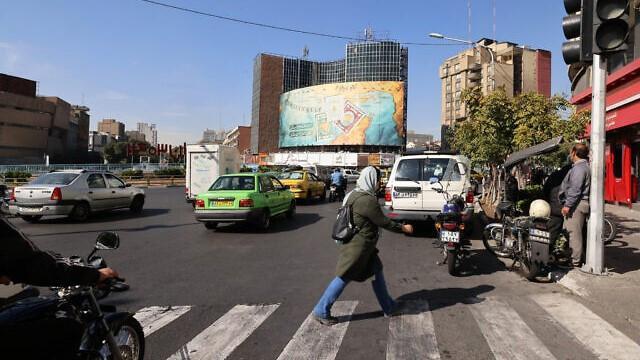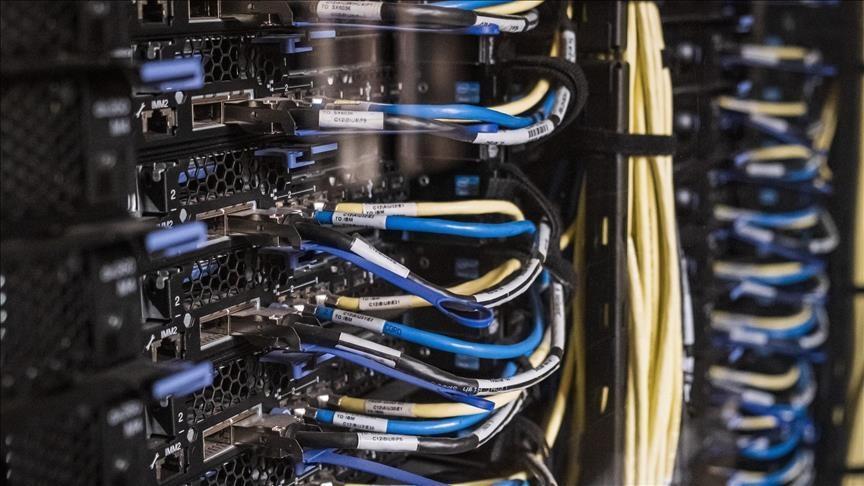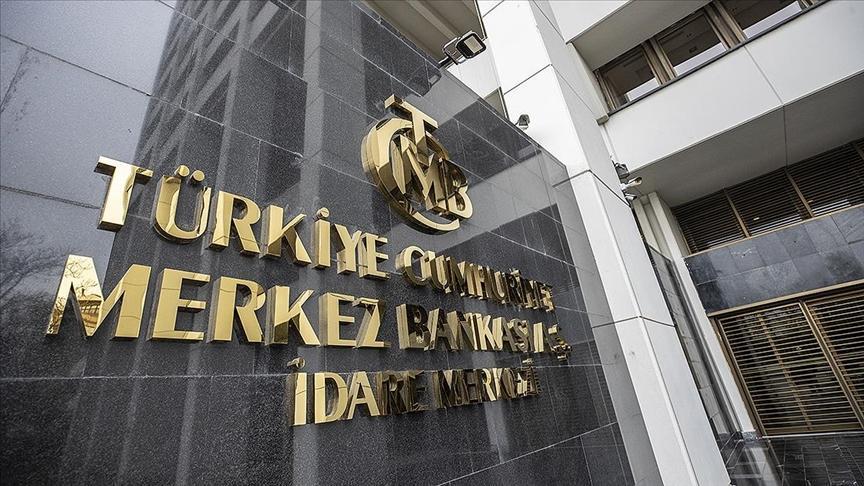Turkey, Iran to boost ties after nuclear deal
ANKARA - Hürriyet Daily News

Iranian Ambassador to Ankara Alireza Bikdeli says there there were areas where Turkey and Iran could improve their trade relations. DHA photo
Turkey and Iran are set to boost their economic ties following a recent nuclear deal between world powers and Tehran that led to a partial lifting of sanctions on the country.An Iranian delegation will visit Turkey in the near future for discussions on trade issues, while Trade Minister Zafer Çağlayan will hold talks in Tehran on Jan. 15-16, 2014, Iranian Ambassador to Ankara Alireza Bikdeli said yesterday at a gathering with members of the Diplomacy Correspondents’ Association (DMD).
“There are many areas between Turkey and Iran in which we can conduct trade. We have to revive those [areas],” the ambassador said.
The trade of precious metals, particularly gold, between Turkey and Iran will restart, but the amount of commerce will not reach the figures of 2012 because those numbers were abnormally large due to problems with money transfers stemming from sanctions, Bikdeli said.
Bikdeli also expressed his gratitude to Turkey’s Halkbank for its role in facilitating money transfers to Iran during the sanctions.
“In recent years, the wise administration of Halkbank has played an efficient role in relations between Turkey and Iran. The bank itself made a considerable amount of profit under this cooperation, too. It’s obvious that, as the risk declines, other banks in Turkey will lend a hand for cooperation with Iran. But I have to mention that Halkbank will keep its significance in ties even when cooperation with other banks is achieved,” said the ambassador.
Iran ready to help mend ties between Turkey and Syria
The Iranian ambassador also emphasized the close cooperation between Turkish and Iranian intelligence services, while offering Turkey its aid in trying to mend ties between Ankara and Damascus.
Bikdeli said the Iranian Intelligence service MOIS was working in “close collaboration” with Turkey’s National Intelligence Organization (MİT).
He highlighted the importance of this collaboration for the region’s security and even for global security.
Citing that there were some differences between Turkey and Iran on Syria, the Iranian envoy said the two countries mentioned a number of principles concerning Syria that the Turkish and Iranian foreign ministers agreed to cooperate on during the recent visit of Foreign Minister Ahmet Davutoğlu to Tehran, including ending the civil war and creating a lasting cease-fire in Syria, working for a political solution that will sideline any attempt to end the conflict militarily, providing humanitarian aid and enabling Syrian refugees to return to their homeland.
Asked if Iranian security forces, including Hezbollah, would be withdrawn from Syria ahead of the Geneva II meeting on Jan. 22, 2014, the ambassador only said Iran would use its “influence for peace and stability in the region.”
Along with planned discussions between the deputy foreign ministers of the two countries, the foreign ministers of Turkey and Iran will again once more before the Geneva II gathering, he said.
Bikdeli also acknowledged that the “Kurdish issue” had a regional aspect and should therefore be solved after consulting with the country’s neighbors.
Turkey’s “peace process” with Kurds is also important for his country since it could maintain stability in Turkey, the ambassador also said, stressing the need for security on Turkey’s border with Iran.
The ambassador further dismissed claims that Iran was provoking the Alevi-Sunni issue in Turkey.
Turkish Alevis, like other groups in Turkey, play a role in enhancing ties between the two countries, Bikdeli said.
















